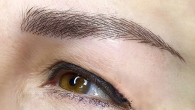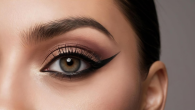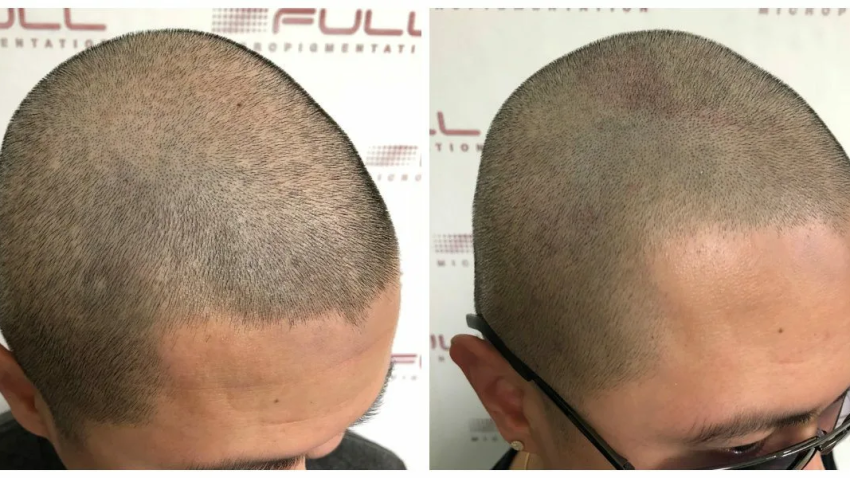
Become a Skilled Scalp Micropigmentation Artist: Your Career Guide
Scalp Micropigmentation (SMP) has emerged as a revolutionary procedure for concealing hair loss and enhancing scalp
aesthetics. With an increasing number of individuals seeking SMP treatments, the demand for skilled SMP artists has
skyrocketed. If you have an eye for detail, a steady hand, and a passion for changing lives, a career in scalp
micropigmentation might be your calling. This article provides a comprehensive roadmap to help you embark on this
fulfilling journey, from gaining the essential skills to setting up your own practice.
Understanding Scalp Micropigmentation
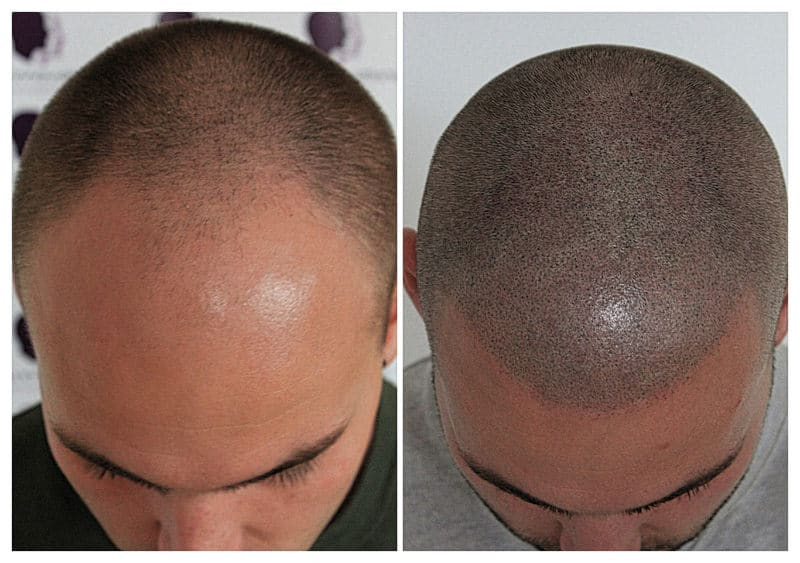
What is Scalp Micropigmentation?
Scalp Micropigmentation is a non-surgical technique where natural pigments are applied to the scalp to replicate the
appearance of hair follicles. It’s an innovative solution for balding, thinning hair, and scarring, offering clients
the illusion of a fuller head of hair. SMP can also camouflage imperfections and boost confidence for those
suffering from hair loss.
The Benefits of Scalp Micropigmentation
The benefits of SMP are manifold. For clients, it can mean a restored hairline and an end to the self-consciousness
associated with hair loss. The procedure is also less invasive and has a shorter recovery time compared to hair
transplant surgeries. For artists, this field not only allows creative expression but also offers the satisfaction
of making a positive impact on clients’ self-esteem.
The Essential Skills of an SMP Artist
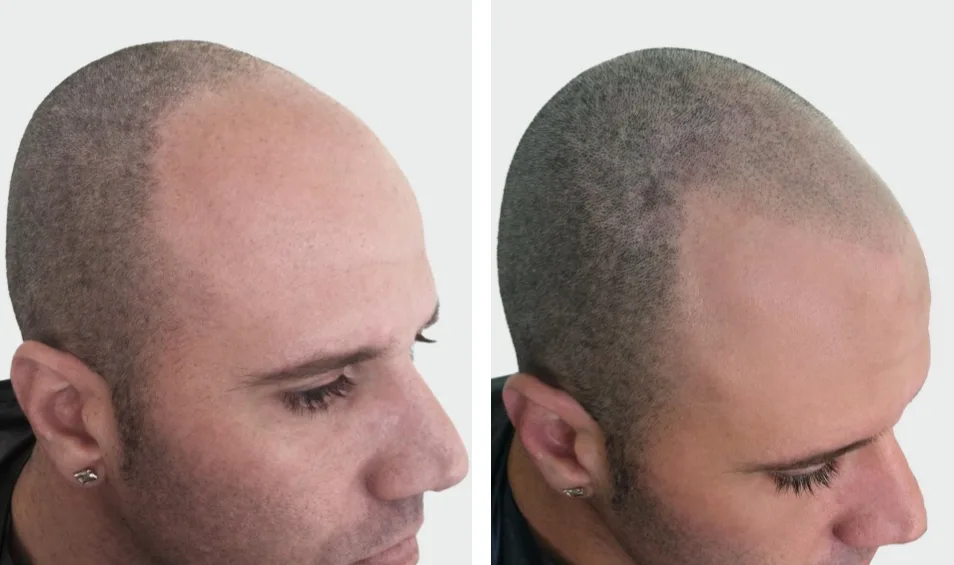
Artistic Ability and Precision
A successful SMP artist must possess a natural artistic ability, coupled with unwavering precision. Every client’s
scalp is a unique canvas that requires an eye for symmetry and careful attention to detail. The ability to create
seamless and natural-looking results is what sets an excellent SMP artist apart from the rest.
Color Theory and Skin Anatomy Understanding
An in-depth understanding of color theory is crucial for matching pigments with clients’ natural hair color.
Additionally, an SMP artist must comprehend the skin’s anatomy and how different scalp areas may affect the
application and healing of the pigmentation.
Educational Pathways for Aspiring SMP Artists
Formal Training and Certification Programs
Education is the foundation of a successful SMP career. Enrolling in an accredited training program is the first
step. These programs typically cover topics like sanitation, pigmentation techniques, and practice management. Below
is a list of courses commonly found in SMP training:
- Fundamentals of scalp micropigmentation
- Hygiene and sanitation
- Techniques for hairline design
- Color mixing and pigment selection
- Needle configurations and skin penetration
- Client consultation and aftercare
Apprenticeships and Practical Experience
While formal education is essential, hands-on experience under a skilled mentor can be invaluable. An apprenticeship
permits aspiring SMP artists to refine their technique, gain real-world experience, and understand the day-to-day
operations of an SMP business.
Building Your Scalp Micropigmentation Career
Setting Up Your Practice
Once trained and certified, the next step is establishing your practice. Selecting the right location, investing in
top-notch equipment, and creating a comfortable environment for clients are key elements for a successful SMP
business. Consider the table below for a basic equipment checklist:
| Equipment | Purpose |
|---|---|
| SMP Machine | To apply pigmentation |
| Pigments | Various shades for matching hair color |
| Needles | Different sizes for precise application |
| Practicing Skins | For honing skills outside of client sessions |
| Sanitation Supplies | To maintain a clean and sterile workspace |
Marketing and Client Relations
Effective marketing and excellent client relations can make or break your SMP business. Search Engine Optimization
(SEO) will help prospective clients discover your services online, while a professional portfolio showcases your
best work. Always prioritize building strong relationships with your clients, as word-of-mouth referrals are
priceless.
Staying Ahead in the SMP Industry
Continuing Education and Networking
The SMP field is dynamic, with continuous advancements in techniques and technologies. Staying informed through
continuing education can help you remain competitive. Networking with peers at industry events or online forums can
provide support, inspiration, and potential collaborations.
Understanding the Latest SMP Techniques and Technology
Advancements in SMP equipment and pigment formulation are constantly emerging. Staying abreast of the latest trends
and innovations ensures that your clients receive the most up-to-date and effective treatments available.
Conclusion
To become a scalp micropigmentation artist requires commitment to education, refinement of skills, and attention to
the finer details of running a successful practice. This career path offers not only a creative outlet but also the
opportunity to profoundly impact your clients’ lives. By embracing continuous learning and staying informed about
industry trends, you can thrive in the evolving world of SMP.
FAQs
- What educational qualifications do I need to become a scalp micropigmentation artist?
Most SMP artists partake in specialized training programs and must meet licensing requirements to practice. Seek
out accredited courses for comprehensive instruction and credentialing in your area. - How long does it take to become proficient in scalp micropigmentation?
Proficiency in SMP typically requires several weeks of formal training, followed by months to years of practice.
The time to mastery will depend on your dedication and the amount of hands-on experience acquired. - Do I need a background in cosmetology or tattooing to start training in SMP?
A background in these fields can be advantageous but is not necessary. Many training programs accommodate
beginners with no prior experience. - How can I find a reputable SMP training program?
To find a reputable SMP training program, research licensed and regulated programs, seek recommendations from
the SMP community, and read testimonials from past participants. - What are the ongoing professional requirements for an SMP artist?
Ongoing requirements include keeping your practice license current, adhering to industry standards, responding
to evolving SMP techniques, and establishing a professional network.
